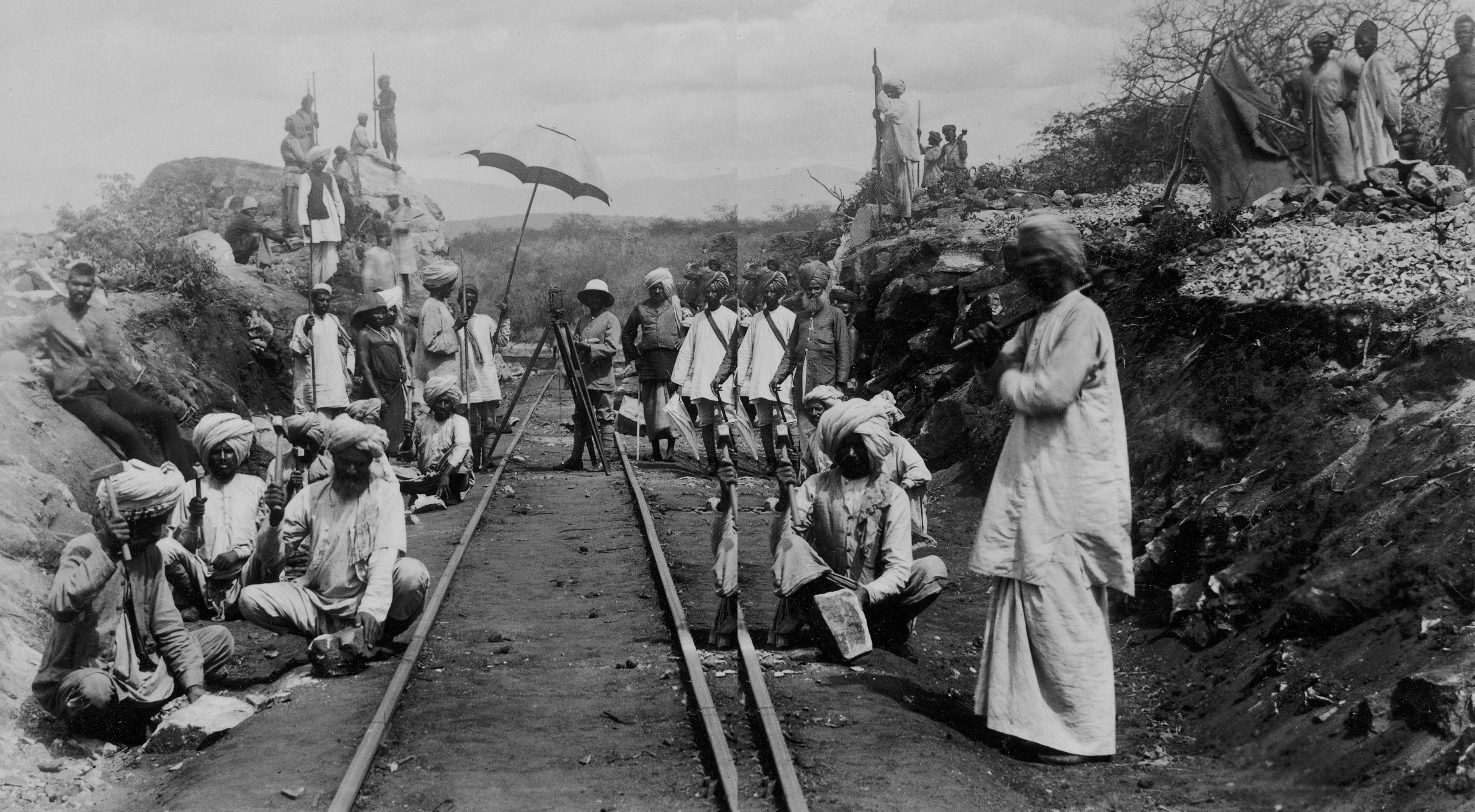
The British empire brought massive changes to the many countries it colonised. These included innovations in medical care, education and railways, but also civil and governmental institutions that still form the basis for those societies. Today the Commonwealth of Nations (or the British Commonwealth) continues to link the 53 member states that were formerly part of the British empire (consisting of 2.1 billion people — a third of the world’s population). Only two of these states, Zimbabwe and Gambia, have chosen to leave the Commonwealth — proving that most of the former British empire states want to remain linked together.
The primary motivation for the expansion of the British empire was trade. From the sixteenth century British traders had begun to establish trading outposts and ‘settlement’ colonies across the globe. By 1783 this ‘empire’ was already large and included the American colonies and the West Indies. After the American War of Independence the British continued to expand and their sea power allowed them to project their power to India and Africa.
Your organisation does not have access to this article.
Sign up today to give your students the edge they need to achieve their best grades with subject expertise
Subscribe




